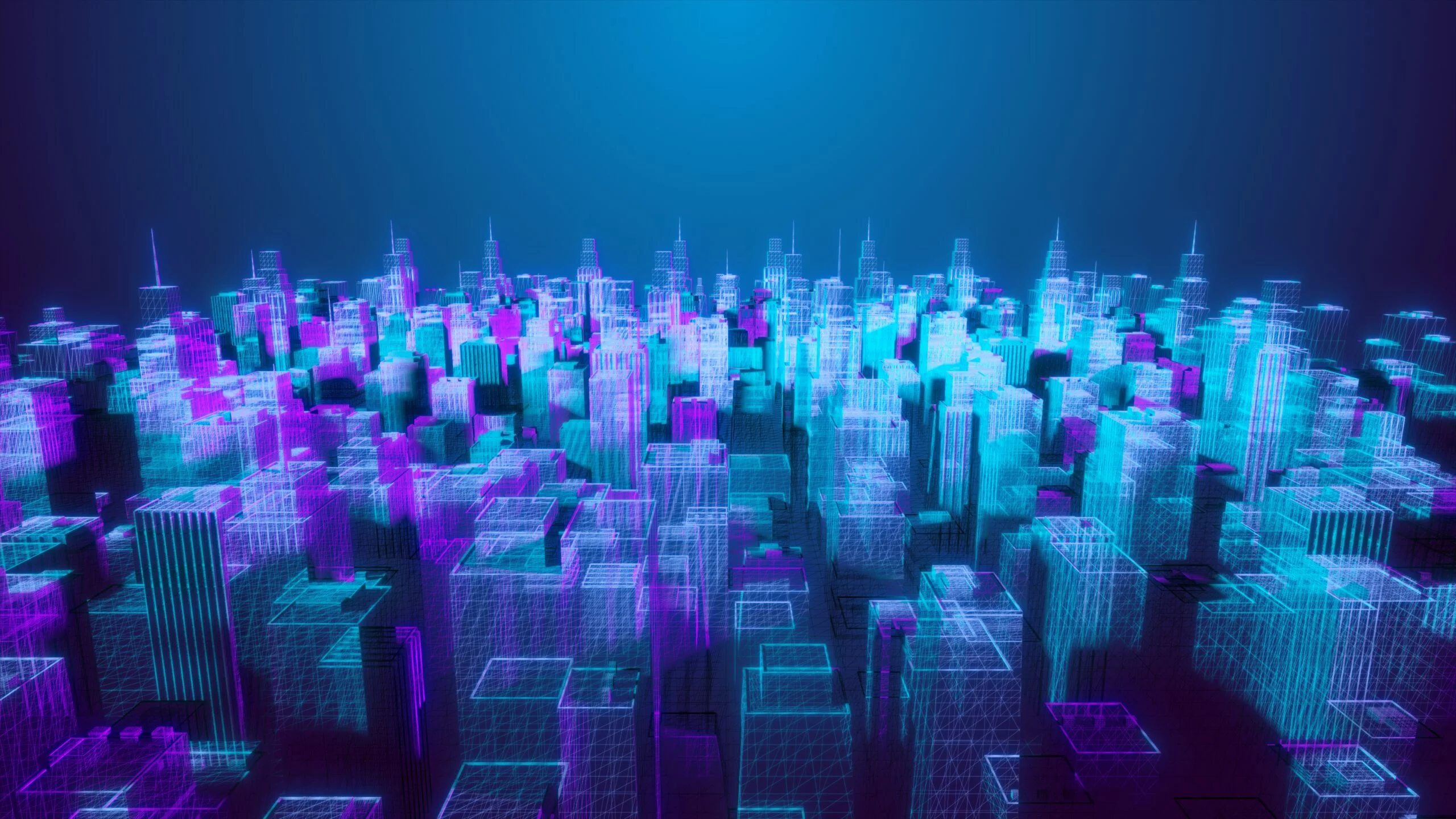Digital Property Ventures: Exploring Investment Opportunities in the Metaverse
Read latest blogs and articles from Housystan

The Information mentioned here was last updated on:
29/1/2026The digital landscape is rapidly evolving, offering forward-thinking investors new avenues for growth and diversification. Among these emerging opportunities, digital property ventures within the metaverse are capturing significant attention, especially for individuals and businesses seeking to expand their portfolios beyond traditional real estate. By leveraging immersive virtual spaces, investors in regions such as North America, Europe, Asia-Pacific, and the Middle East can access untapped markets and innovative revenue streams tailored to their local economies.
Metaverse platforms like Decentraland, The Sandbox, and Somnium Space are reshaping the concept of property ownership by enabling users to purchase, develop, and monetize virtual land parcels. These digital assets often appreciate in value due to increasing demand, limited supply, and the growing adoption of blockchain technology. Investors from metropolitan hubs like New York, London, Dubai, and Singapore are already capitalizing on these trends, recognizing the long-term potential of early entry into virtual real estate.
Acquiring digital property in the metaverse offers several strategic advantages. Owners can construct virtual storefronts, host interactive events, or lease their land to brands seeking innovative marketing solutions. This creates continuous earning opportunities, especially as global brands and creative enterprises establish their presence in virtual environments. Additionally, decentralization ensures transparent transactions and secure ownership through the use of NFTs (non-fungible tokens), appealing to tech-savvy investors in cities like San Francisco, Berlin, and Seoul.
- Verified Tenants/Buyers
- Unlimited Property Listing
- Zero subscription/charges fee
Investing in digital property ventures also provides a way to diversify risk, as metaverse assets are not directly affected by fluctuating physical real estate or regional economic shifts. With cross-border accessibility, individuals from various countries can participate without geographical limitations, making these opportunities highly inclusive and scalable. As governments and institutions in regions such as North America, Europe, and Asia show increasing interest in digital innovation, the metaverse stands poised to become a mainstream investment arena.
In summary, exploring digital property ventures in the metaverse offers investors a dynamic blend of growth potential, geographic flexibility, and technological innovation. Whether based in bustling urban centers or emerging markets, forward-looking participants can harness the power of virtual real estate to secure their place in the evolving digital economy.